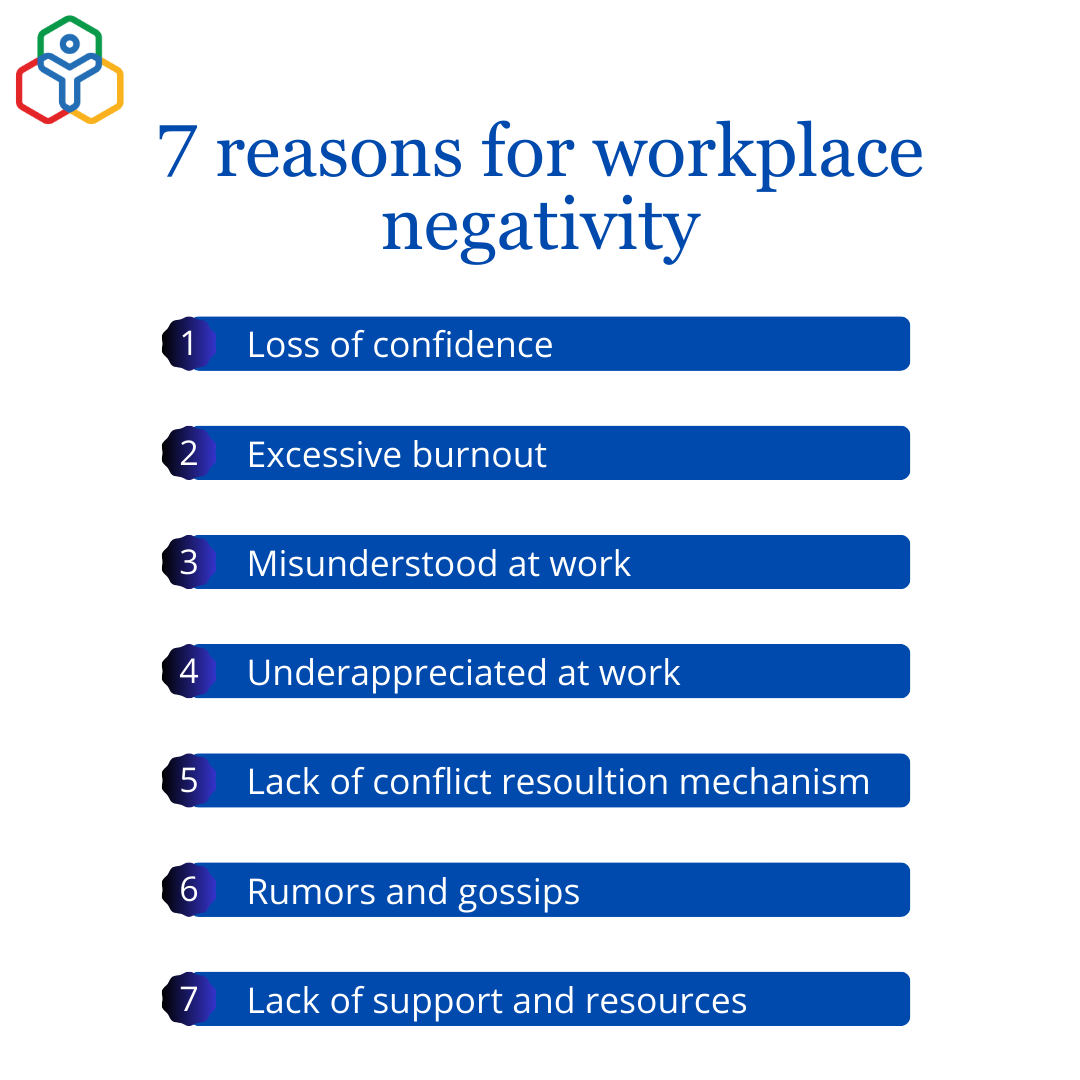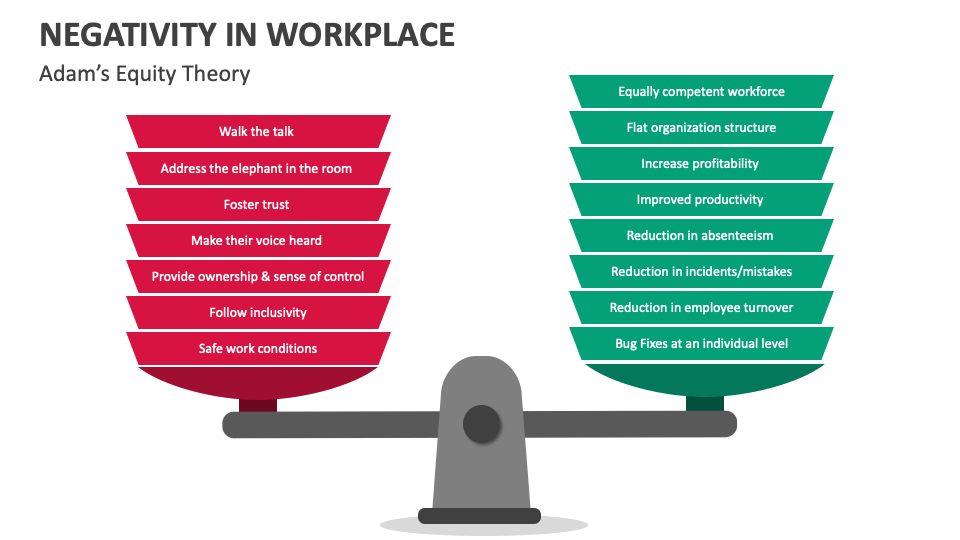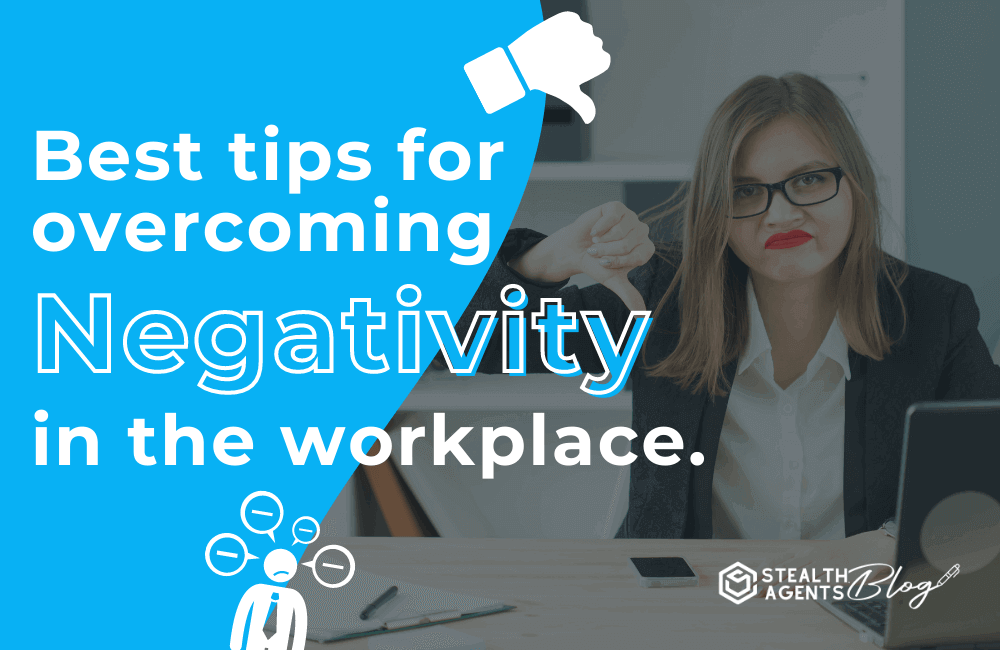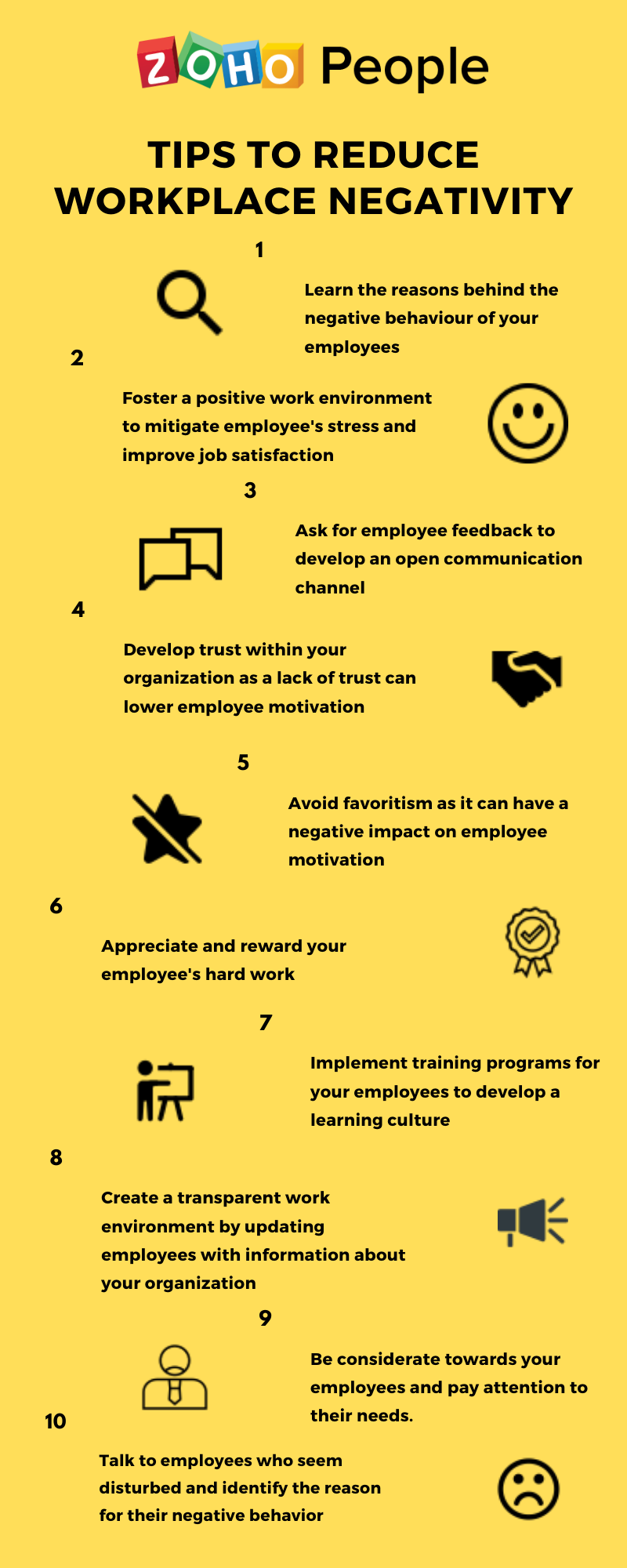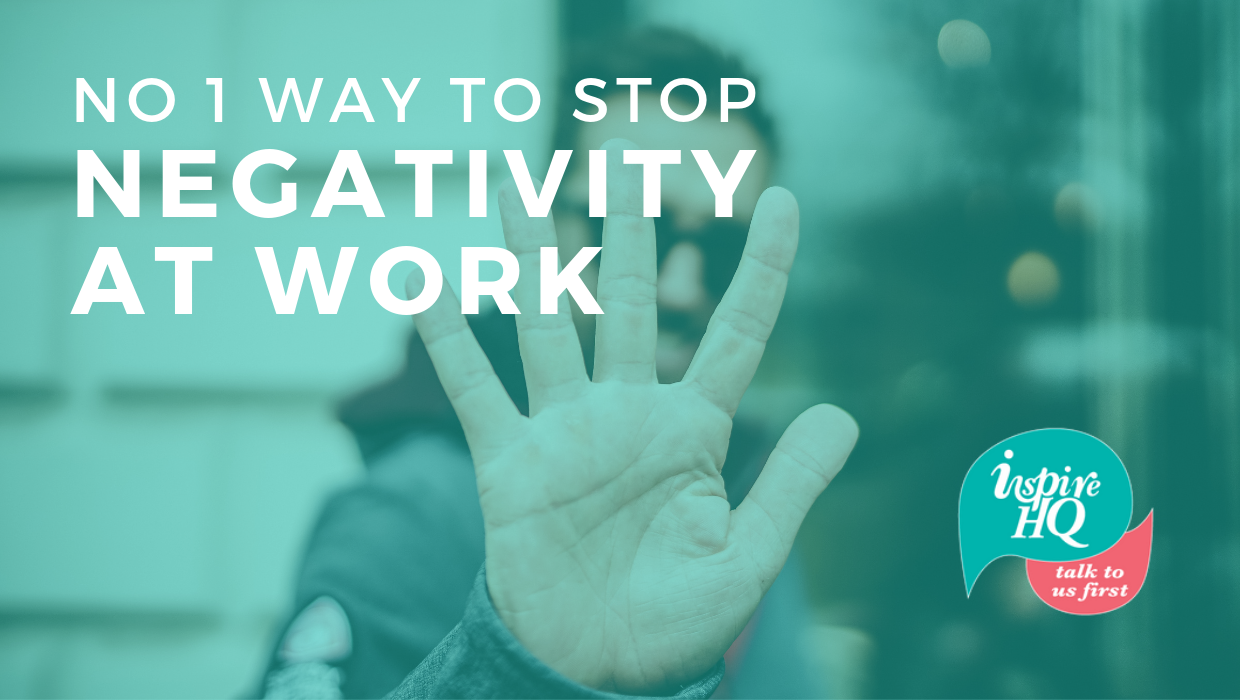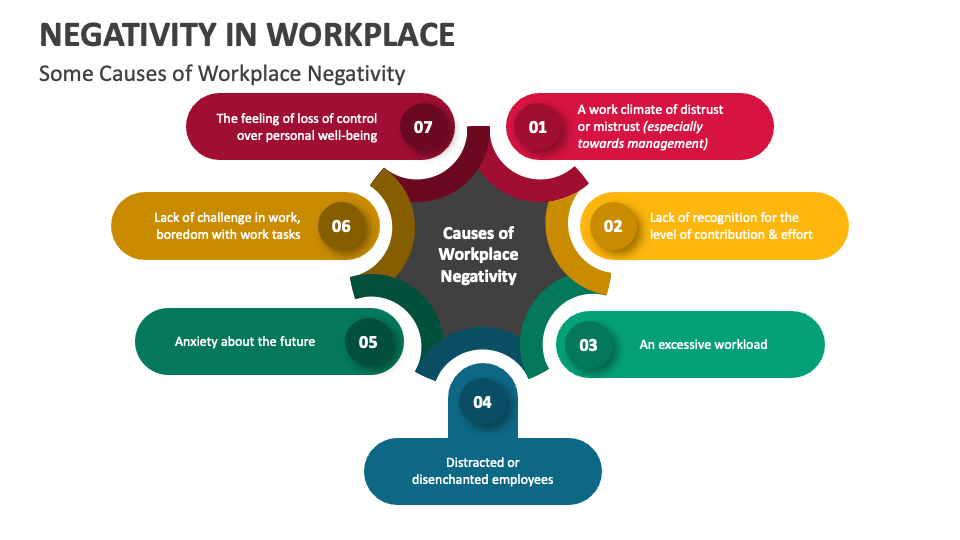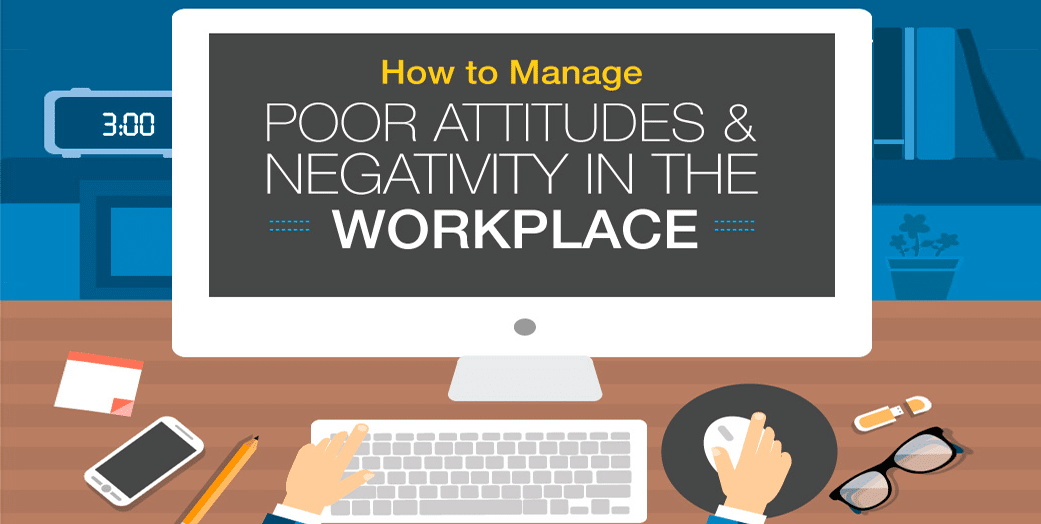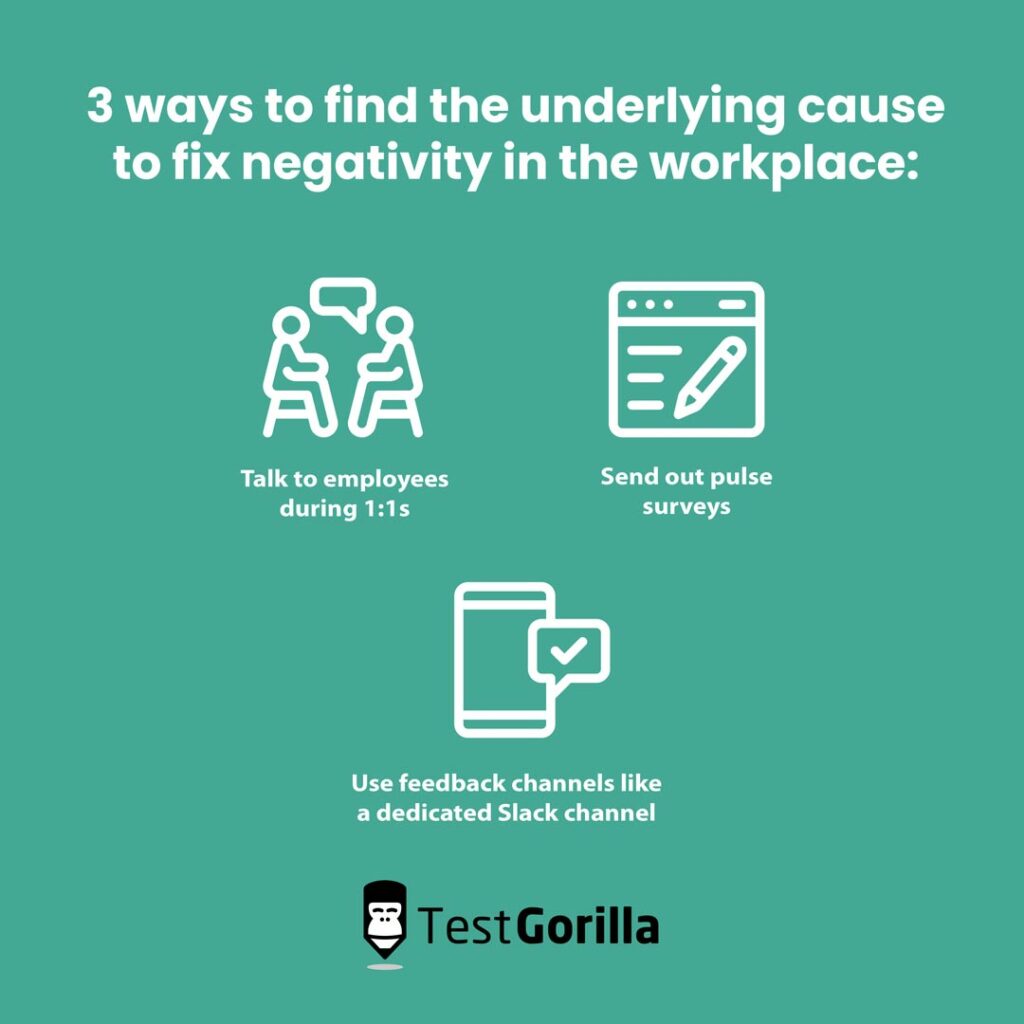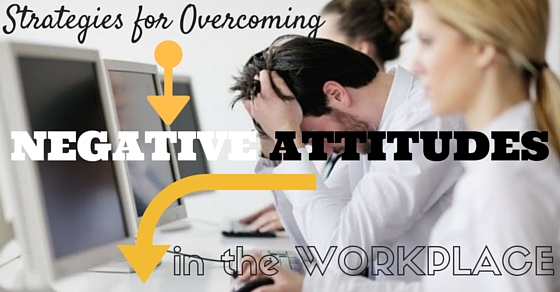How To Overcome Negativity In The Workplace
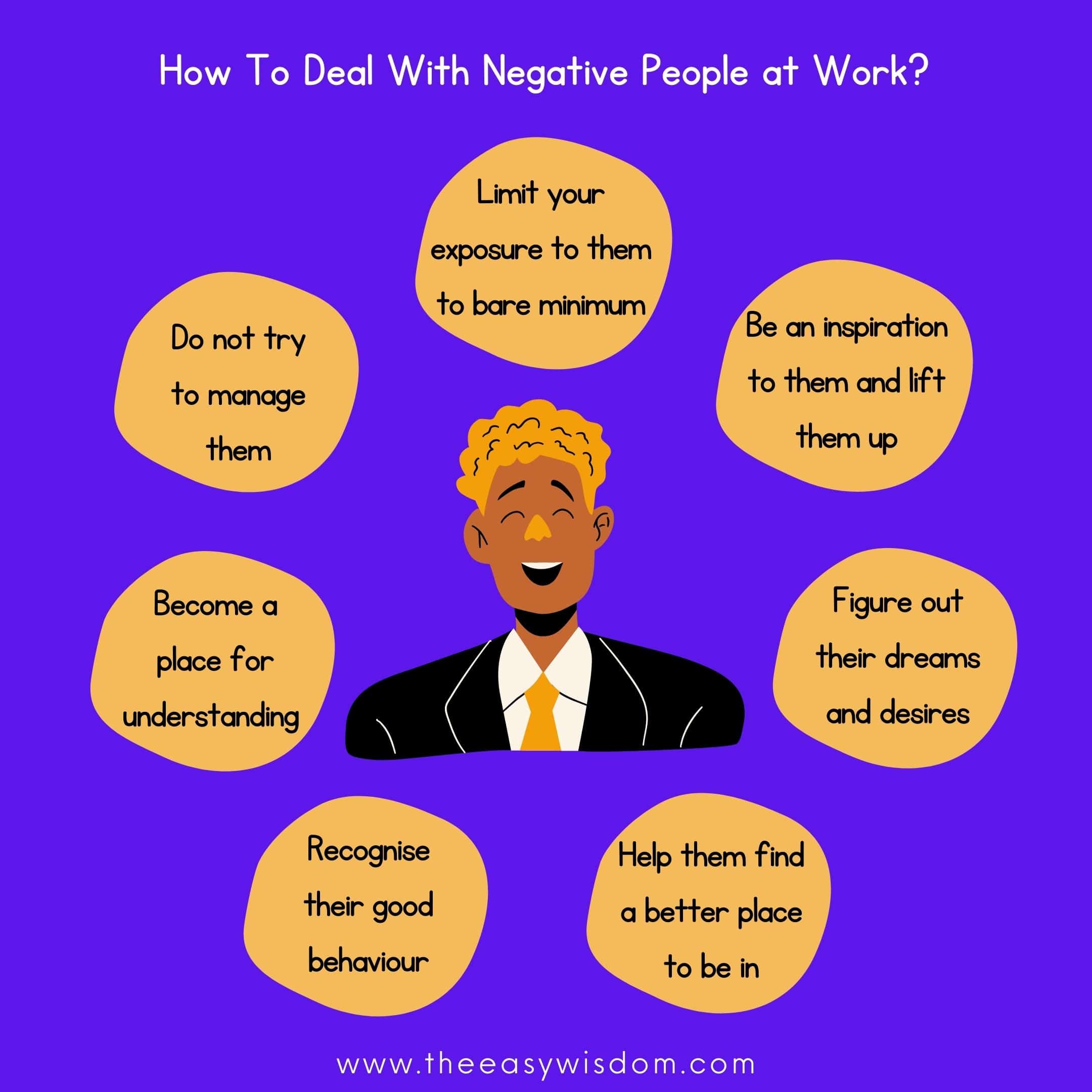
A toxic atmosphere is silently eroding productivity and well-being in workplaces across the nation. Studies reveal a startling rise in reported cases of workplace negativity, ranging from subtle passive-aggression to outright hostility.
The consequences are significant: decreased morale, increased employee turnover, and a tangible drag on company performance. Addressing this pervasive issue requires a multi-faceted approach, blending proactive strategies from both management and individual employees.
This article dives deep into practical methods for overcoming negativity, fostering a healthier and more productive work environment for all.
Understanding the Roots of Workplace Negativity
At its core, workplace negativity often stems from unmet needs and unresolved conflicts. According to a 2023 survey by the Society for Human Resource Management (SHRM), the most common drivers include poor communication, lack of recognition, and perceived unfairness.
SHRM also highlights that inadequate leadership and a culture of blame contribute significantly to a negative atmosphere. When employees feel unheard or undervalued, resentment and negativity tend to fester.
Other contributing factors include excessive workload, lack of opportunities for growth, and personal issues that spill over into the professional sphere.
Strategies for Management: Fostering a Positive Culture
Creating a positive work environment starts at the top. Leadership must prioritize open and transparent communication, ensuring that employees are informed about company goals, performance, and any relevant changes.
Regular feedback, both positive and constructive, is crucial. Implement a system for recognizing and rewarding employee achievements, reinforcing desired behaviors and boosting morale.
Furthermore, promoting a culture of empathy and understanding is key. Managers should be trained to identify and address conflicts promptly and fairly, facilitating constructive dialogue and finding mutually acceptable solutions.
"A psychologically safe workplace is one where employees feel comfortable taking risks and speaking up without fear of reprisal," explains Dr. Emily Carter, an organizational psychologist specializing in workplace dynamics. "Leaders must actively cultivate this safety through their words and actions."
Companies should also invest in employee well-being programs, offering resources and support for mental and physical health. This demonstrates a genuine commitment to employee well-being, further fostering a positive and supportive culture.
Practical Steps for Managers
Initiate regular team-building activities to foster stronger relationships. Implement an open-door policy to encourage communication.
Provide training on conflict resolution and emotional intelligence. Lead by example, demonstrating positive attitudes and behaviors.
Actively solicit employee feedback through surveys and focus groups.
Empowering Employees: Taking Charge of Their Own Experience
While management plays a critical role, individual employees also have the power to influence the workplace atmosphere. Focusing on personal well-being and adopting proactive communication strategies are essential.
Setting clear boundaries and managing workload effectively can help reduce stress and prevent burnout. Prioritizing self-care activities, such as exercise, meditation, or spending time with loved ones, can improve overall well-being and resilience.
Learning to communicate assertively and respectfully is also crucial. Expressing concerns and needs clearly and calmly, while actively listening to others, can help resolve conflicts constructively.
“Choose your battles wisely," advises author and workplace expert, Lisa Thompson. "Not every issue requires a confrontation. Focus on addressing the things that truly impact your well-being and productivity."
Practical Steps for Employees
Practice active listening and empathy. Focus on solutions, not just problems.
Build positive relationships with colleagues. Seek out mentors and support networks.
Practice gratitude and focus on the positive aspects of your job.
“The best way to overcome negativity is to be the source of positivity.”
Looking Ahead: Building a Sustainable Positive Culture
Overcoming workplace negativity is an ongoing process that requires sustained effort from both management and employees. Companies that prioritize employee well-being, foster open communication, and provide opportunities for growth are more likely to cultivate a thriving and productive work environment.
By implementing the strategies outlined above, organizations can transform their workplaces into spaces where employees feel valued, respected, and empowered to contribute their best work.
Ultimately, a positive workplace culture benefits everyone, driving innovation, improving performance, and enhancing the overall well-being of all involved.
